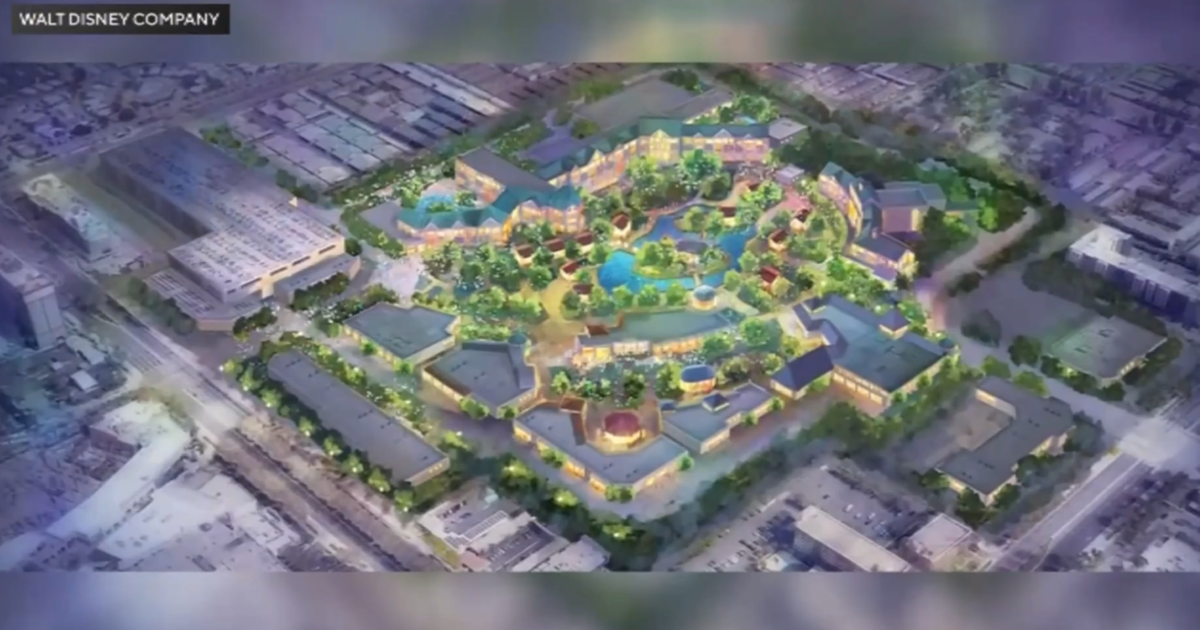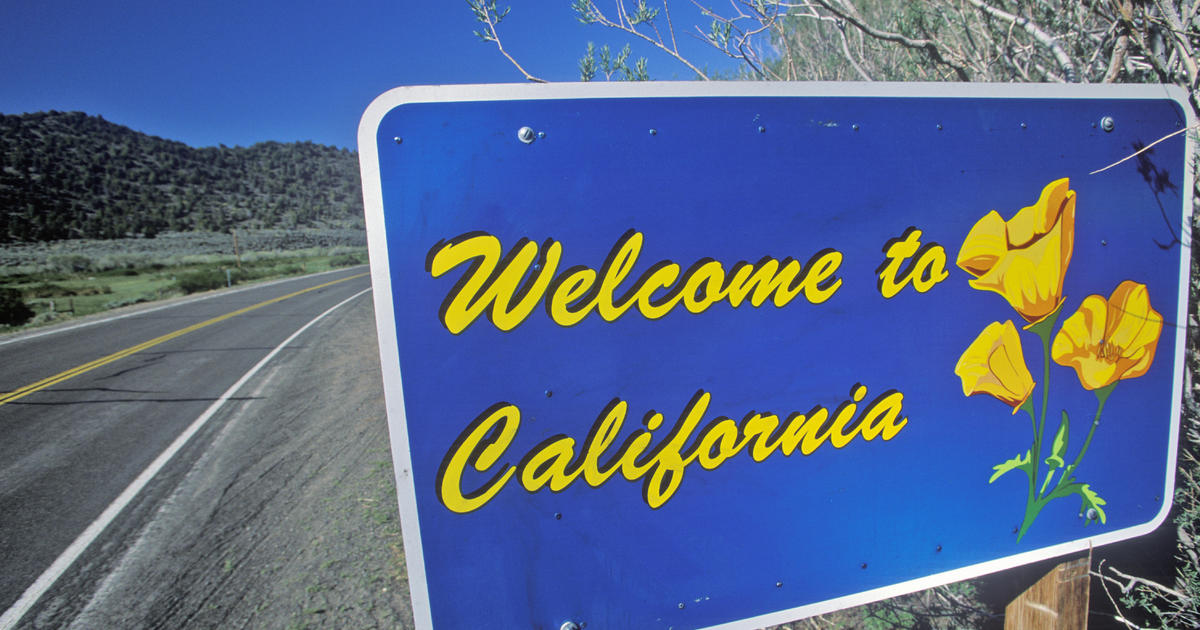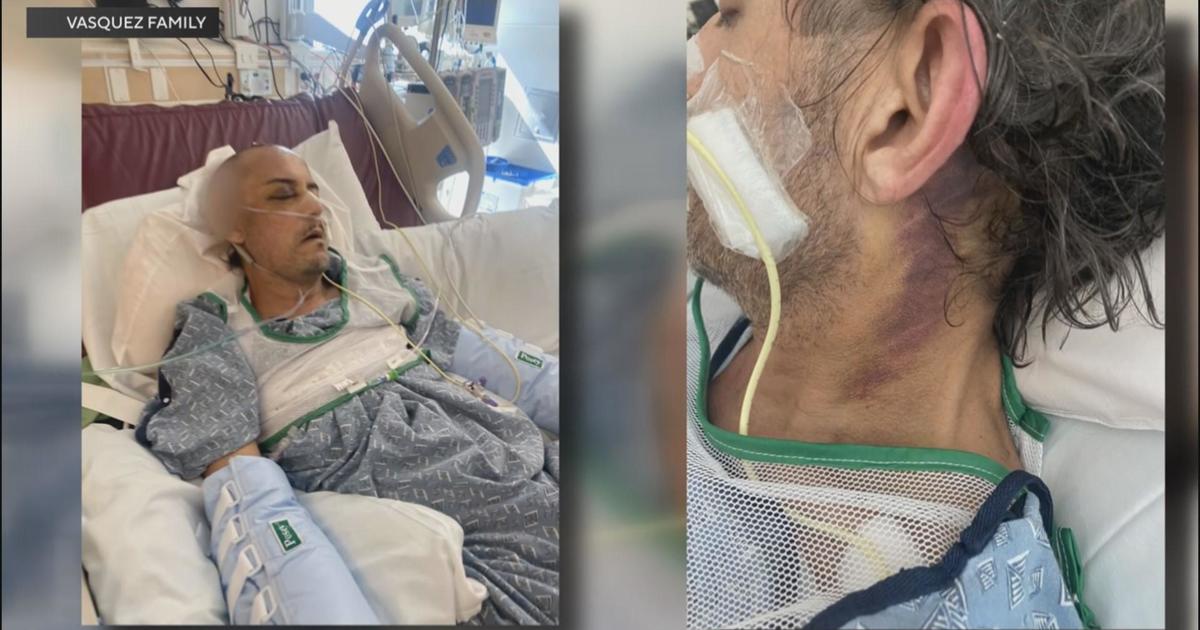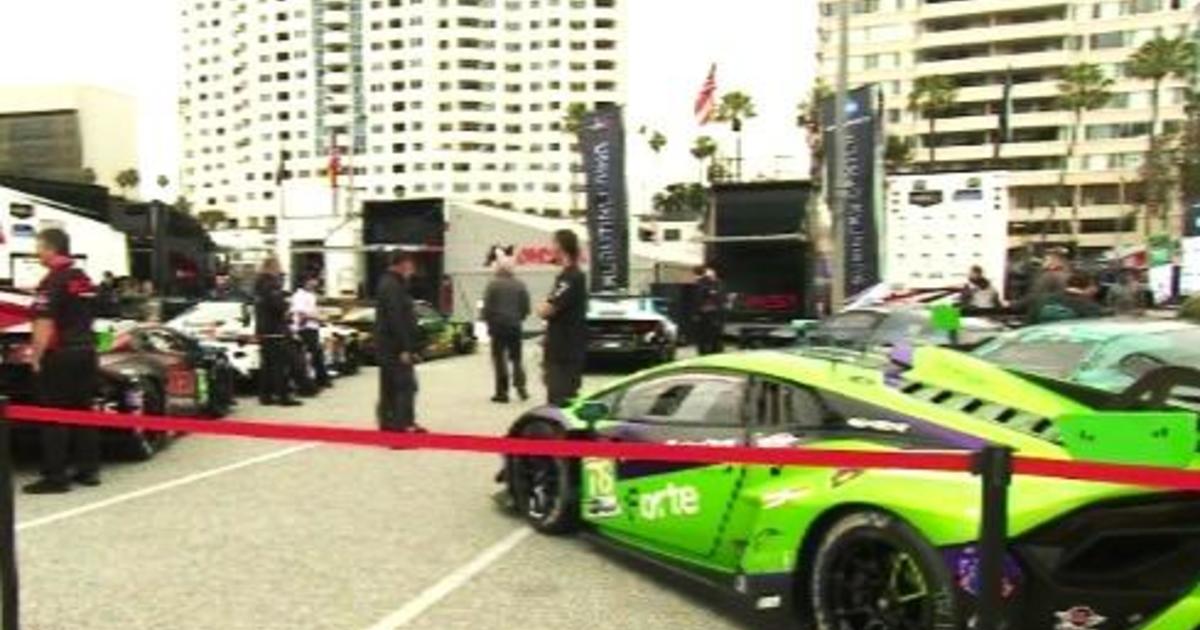Sacramento Turns Sights On Budget Woes
SACRAMENTO, Calif. (CBS/AP) -- Better late than never.
After going nearly two months into fiscal year 2010-11 without a budget, California lawmakers look to come up with a winning plan about how to close a $19 billion budget
deficit, casting their differences as a struggle over the future of
the nation's most populous state.
September's Here, But Still No State Budget
Neither party expected a breakthrough that would end the summer-long stalemate, but the debates in the Assembly and Senate allowed lawmakers to air sharp differences over their visions for the role of state government.
California is two months into its 2010-11 fiscal year and still has no budget. Payments to schools and counties are being deferred, while some health clinics that serve Medi-Cal patients are struggling to pay their bills.
The Democrats who control the Assembly and Senate called for votes Tuesday on two different versions of how the state's new budget should look -- Democrats want a combination of spending cuts and tax increases, while Republicans want only cuts.
As expected, the budget proposals were defeated in each house after hours of debate and repeated roll calls. The final votes came after midnight in the Senate.
Senate President Pro Tem Darrell Steinberg, D-Sacramento, said the debate was over "whether we are going to continue to invest in the institutions that helped make California great, or whether we are going to continue down a path of disinvesting in what made
California great. There are choices here."
He said afterward that the two parties are at a budget impasse that could extend until the November election.
California residents are understandably frustrated at lawmakers' failure to pass a budget, but "the urgency ... doesn't mean we settle at any price," Steinberg told reporters.
Democratic lawmakers in both houses noted that the Legislature has cut tens of billions of dollars from state services during the past few years, as California struggled with deep slides in tax revenue. The cuts have affected K-12 education, colleges and universities, parks, health care programs for the poor and other core state services.
"This is a state that is crumbling around our ears," said Assemblywoman Noreen Evans, D-Santa Rosa. "This is not just a cost-cutting exercise. This is an epic battle for what the future
of our state will look like, make no mistake about it."
Among other steps, Democrats want to lower the state sales tax while increasing the vehicle license fee and personal income tax.
Because state income taxes and vehicle fees can be deducted from federal taxes, Democrats say Californians would actually pay less in taxes.
They also want to delay a series of corporate tax cuts and credits given last year, although the provisions were not part of the budget package Democrats presented Tuesday.
Republicans appeared in no mood to talk about higher taxes or fees. They presented a budget that relied on roughly the same level of spending that Republican Gov. Arnold Schwarzenegger proposed in May -- about $84 billion.
Republicans want drastic cuts, including elimination of California's welfare-to-work program. That would affect 1.4 million people, two-thirds of them children.
Senate Minority Leader Dennis Hollingsworth, R-Murrieta, said the Republican budget reflected economic reality in a state that continues to be pummeled by the recession, with an unemployment rate that has persisted above 12 percent for months.
California families and businesses cannot afford higher taxes after lawmakers and the governor agreed to temporary increases in the sales tax, personal income tax and vehicle fee last year, he said. All those increases are scheduled to expire in June.
"What family in California is not making do with less in these times?" he asked.
Hollingsworth acknowledged the Republican budget proposal was tough but necessary. "It spends what we have and no more, and it doesn't ask the people of California to spend more because we can't get our fiscal house in order," he told his colleagues as he
opened debate on the competing proposals.
Assemblyman Jim Nielsen, R-Yuba City, said Democrats are pushing massive tax increases, and his party is countering with a proposal that would streamline government operations.
"This isn't the time to fund what's broken," he said. "The calling is to really change government in a sustaining way."
The debates in the Senate and Assembly came on the last day of the regular legislative session and in the midst of a contentious campaign season. A rigid anti-tax, small-government philosophy has gripped Republicans, who are trying to keep their hold on the governor's office and make gains in state legislative and congressional seats.
A handful of Republican votes are needed in each house to reach the two-thirds vote threshold needed to pass budgets or tax increases. Gov. Arnold Schwarzenegger has said he will not sign a budget unless lawmakers also agree to his separate demands for pension and tax reforms.
The budget proposal he released in May called for general fund spending of $83.4 billion for the new fiscal year. The administration said that would bring government spending to 1998
levels after adjusting for population and inflation.
On Tuesday, Schwarzenegger criticized the Democratic leaders for bringing budget bills to the floor of the Legislature when they
knew the measures have no chance to pass.
"So why they put it up for a vote in the first place, no one knows," he told a gathering of the San Francisco Chamber of Commerce.
(TM and © Copyright 2010 CBS Local Media, a division of CBS Radio Inc. and its relevant subsidiaries. CBS RADIO and EYE Logo TM and Copyright 2010 CBS Broadcasting Inc. Used under license. All Rights Reserved. This material may not be published, broadcast, rewritten, or redistributed. The Associated Press contributed to this report.)



